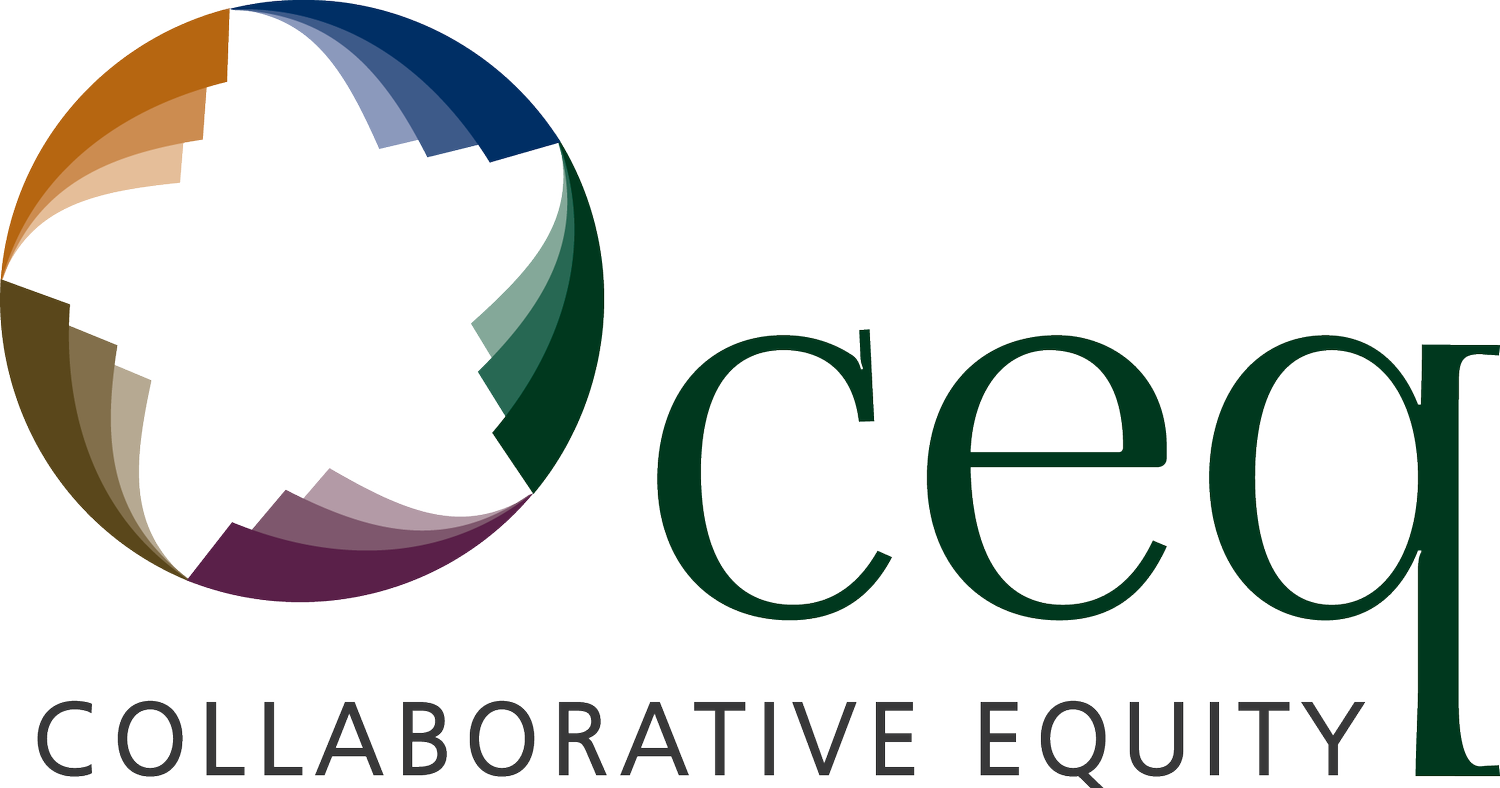Authentic Leadership – it’s not big and it’s not clever
/There’s a great deal of rubbish written about ‘Authentic Leadership’ these days and, Corporatism’s pursuit of ‘Authentic Leadership’ has often been a cunning distraction. So this article outlines how to be genuinely authentic – a tautology I know, but we have to recognise the difference. Being authentic is pretty hard in a corporation, whatever level you’re at, but authenticity is critical for a leader to be trusted.. Authenticity does not of itself guarantee success for a leader. But without it, without being trusted, the leader is doomed to ultimate failure.
‘Authentic Leadership’ must also contain elements of competency and ethics, of skills and principles, of context and personal strategies. An Authentic Leader is the right leader, in the right role, at the right time. The leader must be right for the role at the precise moment in the organisation’s journey, but the role must also be right for the person, at the precise moment in their own personal career journey. And genuine authenticity means doing the right and moral thing, even when tradition or common practice or even the law or regulations would legitimise us in doing something very different.
Corporate cultures do not allow people to be human – it’s inconvenient. Humans are messy, flawed, unreliable, inconsistent, uncontrollable, deceitful, manipulative and disloyal. (Characteristics that can of course be quite convenient when utilised in pursuit of the company’s objectives). They can be easily distracted by external stimuli, and they get sick, pregnant and they progressively acquire dependent relatives. They have to sleep and have holidays. Bring on the ‘Bots I say
Of course Humans are also beautiful, fabulous, richly and inexhaustibly talented, diverse, creative, passionate, committed, dedicated, supportive of each other and fun to work with.
So many corporate cultures betray their frustration at the ‘negatives’ to the extent that most employees do their very best not to appear human. They pretend to be confident when they are not. They look like they’re going fast when actually they are not moving at all. They work at home and on holiday way more than is healthy or conducive to loving long term relationships. Ricardo Semler said that we’ve all learned to do e-mails on a Saturday, but no one can go to a movie on a Monday afternoon. How many of us have to apologise for missing our kids’ nativity plays?
As corporate leaders, working in ever more competitive markets, and pressured to constantly return ‘above trend’ growth and positive like-for-likes, we often lose our way and, in the process, our integrity. We then forget to run our operations and manage our people by proven and ethical (boring?) strategies of sticking to our core products, serving genuine customers at fair prices, knowing the detail of our operations and checking every day that people are ok.
We come to believe that we have to be superhuman and in total control. How absurd. The pressure then becomes almost unbearable, as we exercise more and more energy and effort on pretending to something we so clearly are not – infallible.
Go into most corporations and listen to all the business speak conversations transacted between managers who are all desperately pretending to be calm, in control, knowing all the answers and great bosses,. The pressure is enormous.
But the alternative feels truly scary, since it will involve admitting that we are not in control and that we cannot guarantee to hit the targets we have been set. Being ourselves, rather than pretending to be something that others want us to be, seems to involve falling back on faith, trust and instinct. We know that we are actually at our best, our greatest, our most influential and powerful, when we come from this place of authenticity. But it feels like a cop out. My colleague Martyn Haworth has a wonderful expression of how to be an authentic leader – “show up, and then see what shows up”. We are profoundly at our best when we do this, but as a strategy it feels like we’re not doing anything. Try explaining this strategy to your investors or even to your employees.
How should we behave if we stop pretending? What will we do instead of just trying to impress people all the time? What if we are simply not good enough? What if we get found out? What if we fail, looking foolish and naive and letting people down in the process? Scary stuff indeed. These are understandable questions for us, but we need to ensure we do not allow them to turn into crippling self doubt.
So how do we do this? We do this by going back to good old fashioned purpose, vision and values – for ourselves as leaders and for our organizations.
We need to work out who we really are – uncovering our core (some might say our ‘soul’). When we communicate from this place of real honesty, then we are trustworthy and we inspire others. Our core does not try and get other people to do things, or worse, to be something they are not. Our core simply lays out the mission, sees who turns up, and creates the adventure. And what results will come, will come. Leaders build missions and environments where people choose to try to do the extraordinary.
And when I communicate from my core, you may well give me a glimpse of your core. Once this channel is open, and we are communicating core to core, life (and business) works. No pretence, no bullshit and no nonsense. The incredible thing about communicating from our core (being authentic) is that we attain that truly magical combination of attributes, humility and confidence. The good news is that we know how to do this stuff, but somehow along the way we have forgotten.
Excerpted from “And the Leader Is… Transforming Cultures with CEQ” - by Gareth Chick



